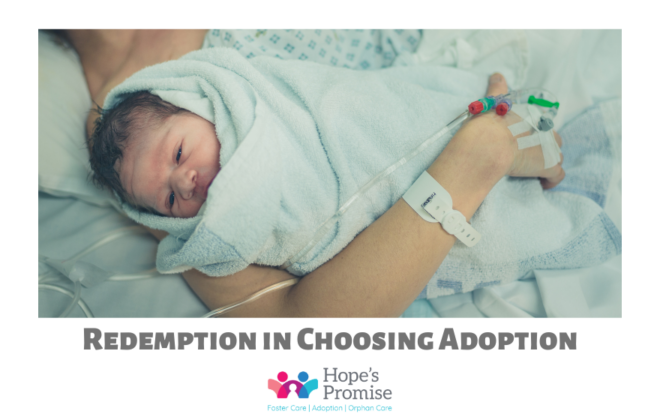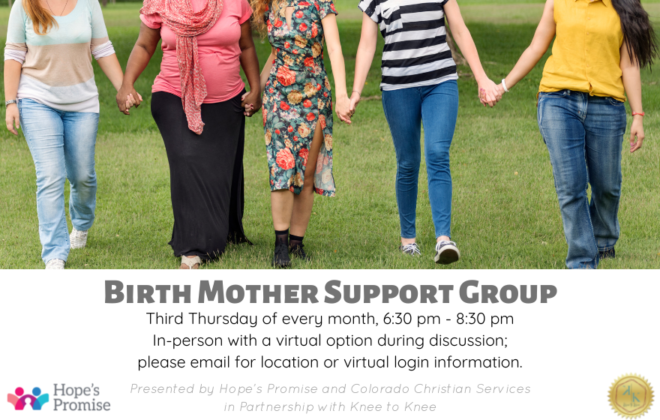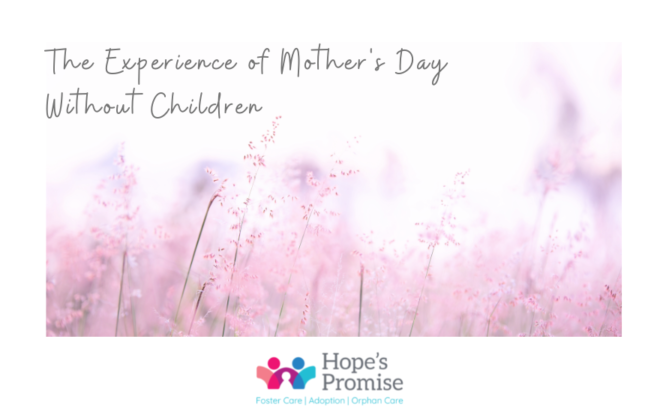Creating a Memory Book for my Birth Child
By Adrian Collins
A collage of childhood photos lay strewn across my desk as I held a pair of shears. I studied each photograph and wondered, What would my child want to know about me? After careful consideration, I selected one. I carefully positioned the photograph onto the scrapbook page and sat back to admire my work. My hands and back ached from cutting, gluing and pressing but I couldn’t stop since time was fleeting. Every photograph mattered. Each picture chosen was significant. The book would become my legacy. It was to become my parting gift to my daughter.
Inside the book was:
A baby photo.
A third-grade class photo.
A music program for my first piano recital.
A picture of myself on the high school diving team.
A photo of myself as color guard captain during a marching band competition.
A photo of my high school sweetheart and myself at prom.
There the photos stopped. The Book highlighted my interests, my achievements, my features, and my high school sweetheart. The scrapbook pages were full except for one. I tore off a blank piece of notebook paper and began to write, “To my daughter.” My pen shook as I began to write. What could I say to my unborn child? When my child asked her adoptive parents one day, “Why did my mom make an adoption plan for me?” I wanted her to read my own words. The words began to flow onto the pages:
Dear Baby Girl,
I love you very much.
I wish I could wrap my arms around you every single day.
But I can’t.
I can’t give you everything you deserve.
I must sacrifice my dreams of motherhood so that your dreams will be fulfilled.
Know that you are cherished and hold a special place in my heart—for always.
I signed the letter, “Love, your birth mom.” I cringed at the name “birth mom,” wishing circumstances could be different. At the time, I was a junior in college and without the financial stability and support to raise a child, so my boyfriend and I decided that adoption was the best choice for my daughter.
A memory book as a parting gift
At the hospital, I held my newborn as I watched time dwindle away. When the adoptive couple arrived and I had to say goodbye, I whispered into my daughter’s ear, “I will always love you.” Then, I pulled the memory book from my bag and tucked it beside my infant. Tears fell onto the sidewalk pavement as I left the hospital without my daughter. Yet, I held onto hope that we would reunite when the time was right and prayed the memory book would bring her comfort over the years of separation.
As the years passed, my home filled to the brim with children. I’d married my high school sweetheart, the father of my daughter, and given birth to three boys. Then, I adopted another son from a family friend. I nurtured each of my boys with utmost care, making mud pies, climbing trees and reading stories of fantasy and adventure. While I reveled in motherhood, my thoughts would often wander to my birth daughter.
Reuniting with my birth daughter
On a warm spring day, the phone rang. When I answered it, the voice on the other end sounded strikingly familiar, like a younger version of myself, and I knew. It was my 12-year-old daughter. After all these years, she hadn’t forgotten about me. When she asked if she could meet me in person, my heart erupted in joyous celebration.
On the day my daughter and her adoptive parents were scheduled to arrive, I waited by the front door, watching and wondering, does she look like me? Does she know how much I love her? A car pulled up in our driveway and a petite girl with pale skin, long flowing blond hair and light blue eyes stepped outside. I marveled at her loveliness. Then, I ran to her and held her close. Tucking a strand of hair behind her ears I told her, “I love you.”
My husband embraced her, and the three of us rejoiced over our reunion. We introduced our daughter to her siblings. The boys beamed with pride at their big sister. Later, I found a quiet moment with my daughter and asked if she’d read the memory book. “I know every page by heart,” she said softly. At her words, my face lit up and I smiled, thankful that she treasured the book. Its contents bound the two of us together in ways I never imagined. Instead of holding the memory book—I was grateful to hold my daughter’s hand.
Tips on Creating a Memory Book
- Purchase a journal or scrapbook.
Find something that defines your personality. Do you love journaling? Purchase a simple journal to fill its pages with photos, notes, poems or drawings. Do you like to scrapbook? Find a small or large scrapbook at your local craft store to decorate and paste photos. For me, I bought an 8 x 8 white photo album and purchased baby-themed stickers, borders and colorful inserts to decorate the pages. Another great option is to create a photo book through an online resource like Shutterfly where you can create a book from the ease and comfort of your computer. There is no right or wrong way to create a memory book. It shouldn’t overwhelm or create additional stress. Find something that works with your style and creativity.
- Gather Photos
When gathering photos, think about what your birth child would want to know about you. For instance, what did you look like as a baby? How about the elementary/middle school/high school/college years? What were your interests? Sports? Music? Arts? Theater? What were your greatest accomplishments? What were your fashion choices and what did you wear to your favorite dance? (Girls love to know these things about their birth mom!) Do you have a favorite holiday or celebration? Find photos that highlight your interests, features, and accomplishments and include these in your album. Many birth children enjoy knowing how they relate to their birth parents and if they share similar interests or hobbies.
- Write a Letter
A personal letter can be the most touching and beautiful part of a memory book. These are your words on why you chose to make an adoption plan. These are your thoughts as a mother. This is an opportunity to tell your child how much they are loved and cherished. When writing, think about questions your birth child might ask. What are your greatest hopes and dreams for them? What do you want your birth child to know about your decision? What words of love can you share? What wisdom do you want to impart? It doesn’t matter if your letter is long or short. The letter doesn’t need to be a literary masterpiece—the most important thing is that it reflects your heart.



